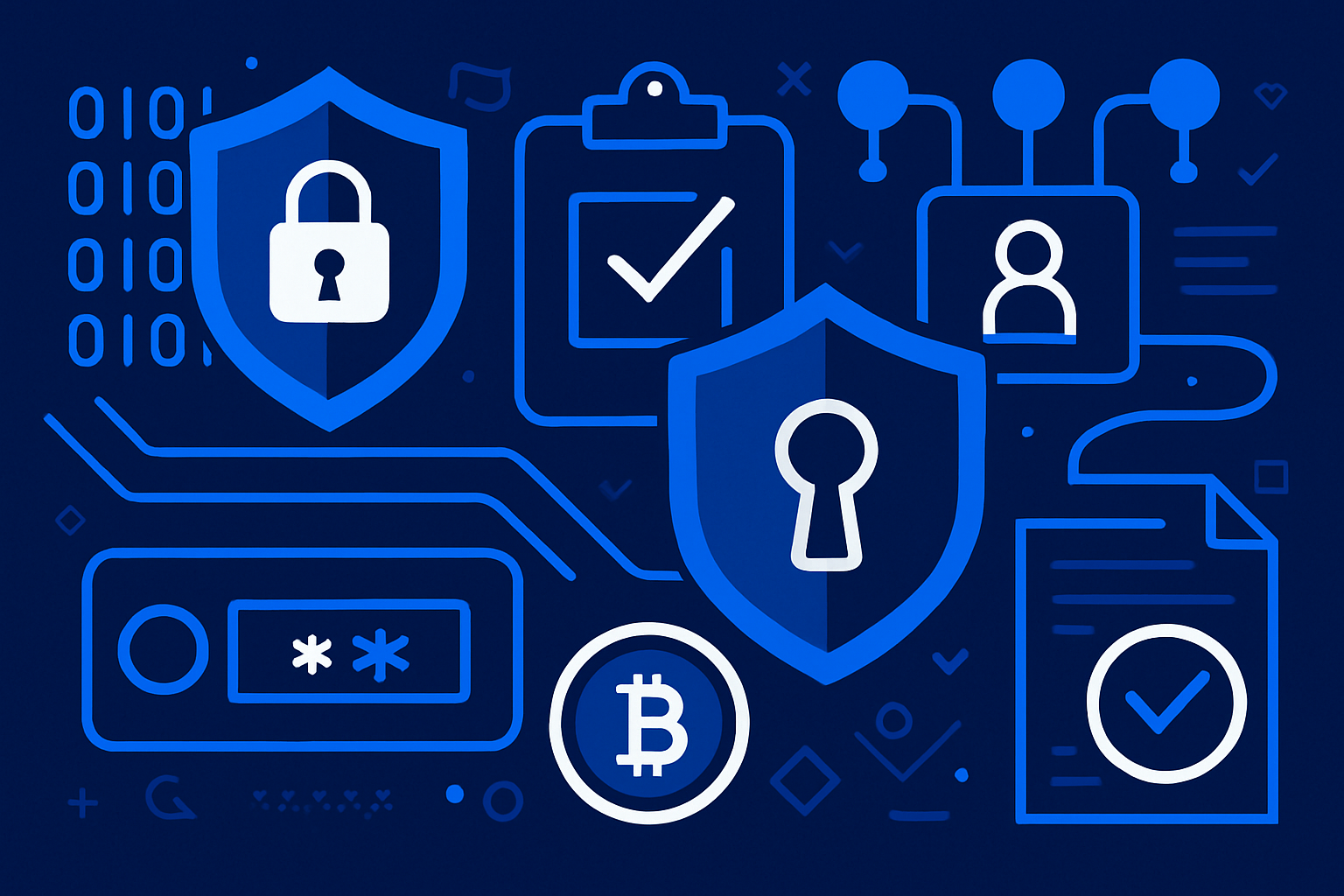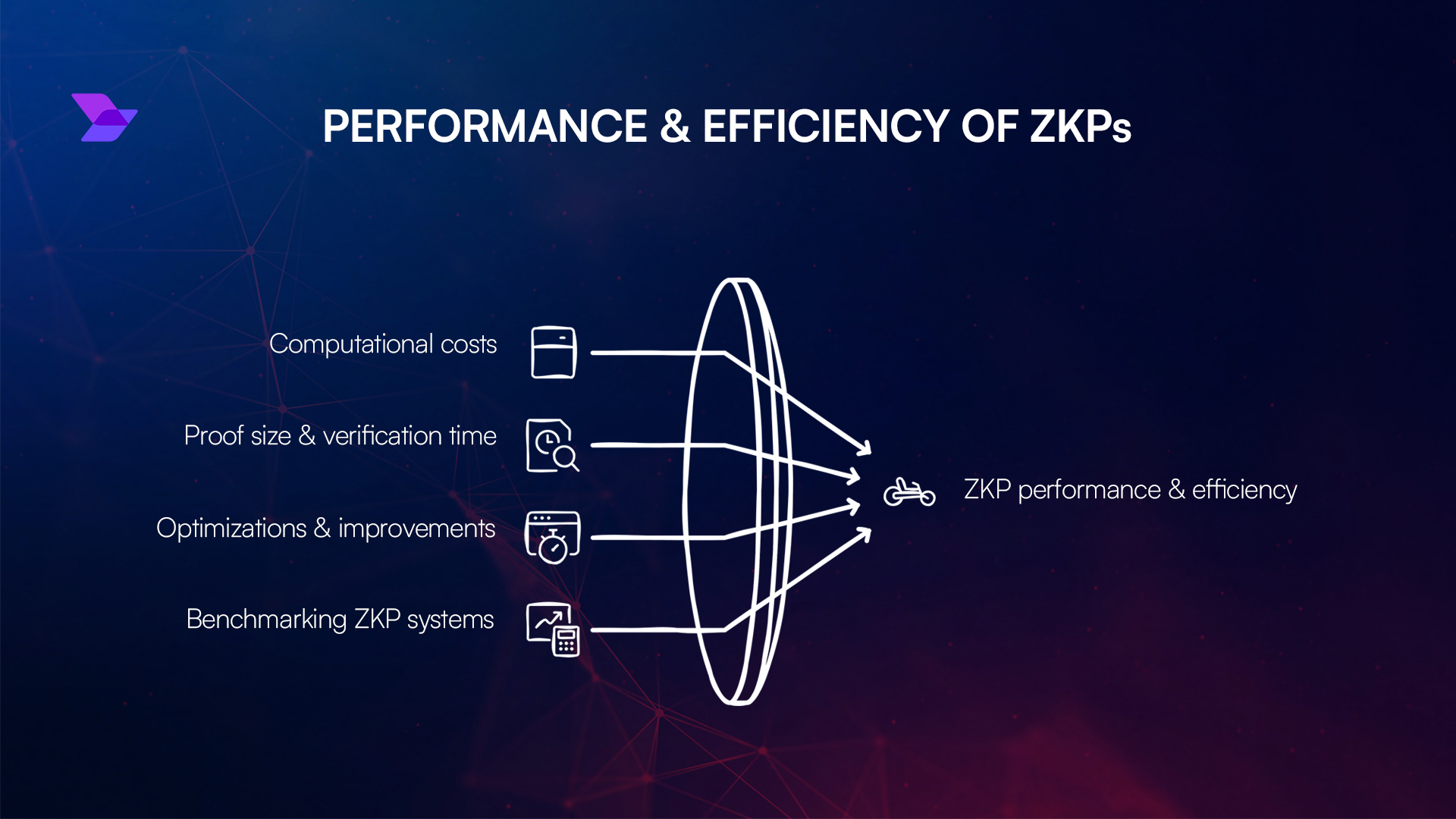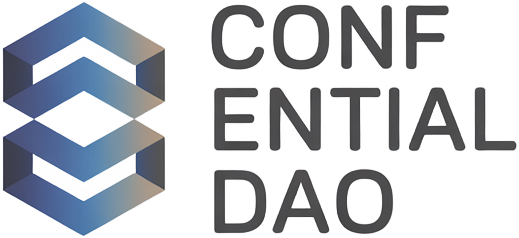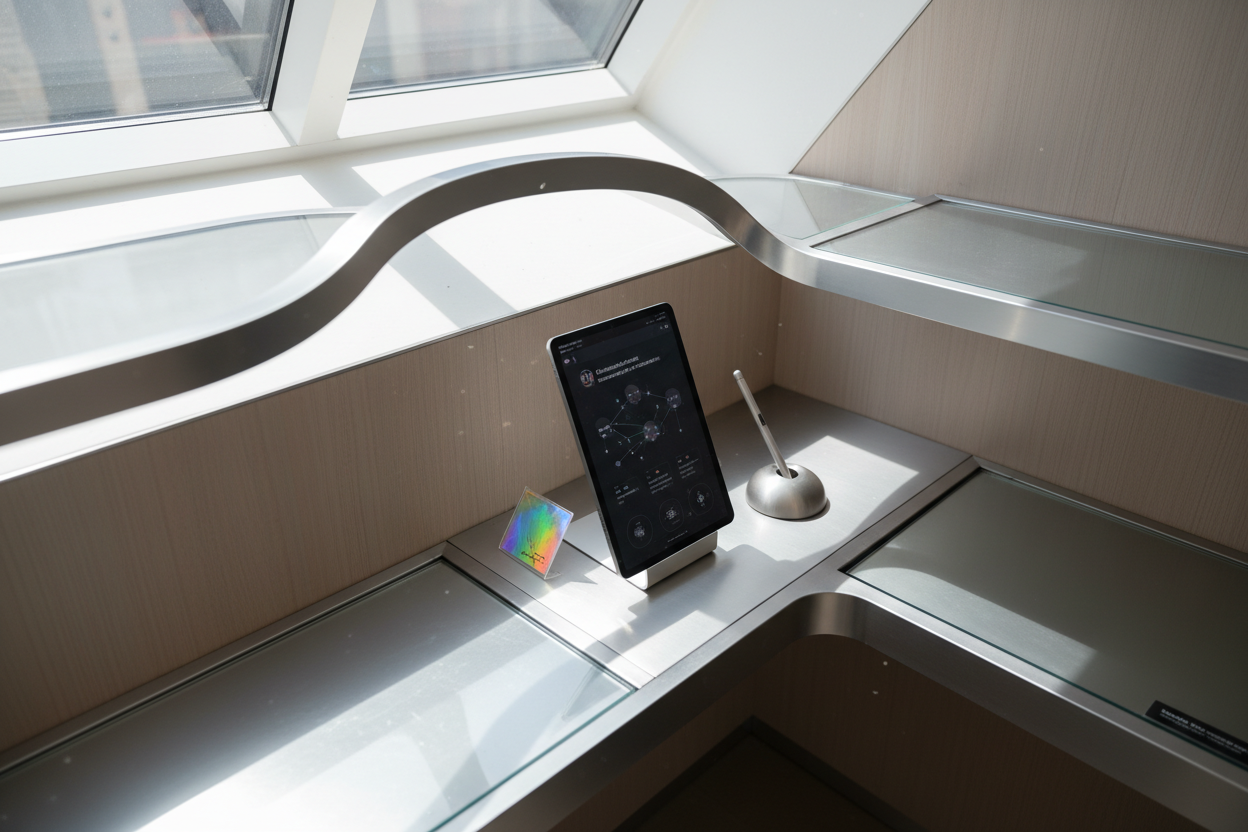
Decentralized Autonomous Organizations (DAOs) are rapidly evolving, but the promise of open, collective governance has always come with a tradeoff: transparency versus privacy. In traditional DAO voting, every proposal and every choice is etched onto the blockchain for all to see. While this ensures verifiability, it also exposes voters to unwanted scrutiny, coercion, and even manipulation. As DAOs mature and manage increasingly valuable treasuries and sensitive decisions, the need for confidential governance protocols is moving from nice-to-have to mission-critical.

Why Privacy Matters in DAO Voting
The open nature of blockchains means that every on-chain vote is public by default. This sounds good for transparency, but it creates a host of problems:
- Voter intimidation and bribery: When votes are public, whales can pressure smaller holders or offer rewards for certain outcomes.
- Herd mentality: Seeing how others vote in real time can influence undecided voters and skew results.
- Lack of honest participation: Members may abstain or conform if they fear their votes will be tracked back to them.
This isn’t just theory – projects like NounsDAO have experimented with private voting after community members raised concerns about vote buying and collusion. The prevailing wisdom is shifting: privacy doesn’t undermine trust in DAOs – it enables it. Confidential voting unlocks more honest participation and protects the core values of decentralized governance.
The Cryptography Powering Private DAO Voting
The new wave of DAO privacy solutions leverage advanced cryptography to keep votes secret while still ensuring the final tally is accurate and verifiable. Here’s how some leading techniques are transforming secure decentralized voting today:
- Shielded Voting Mechanisms: Platforms like Shutter Network encrypt every vote during the decision window. Only after voting ends are choices decrypted and tallied – preventing real-time influence or manipulation. Decentraland’s DAO is among those eyeing shielded voting for greater voter confidence.
- Zero-Knowledge Proofs (ZKPs): ZKPs let voters prove their ballot was valid without revealing its contents. Projects like Kite Protocol use ZKPs not only for anonymous voting but also private delegation – so you can empower representatives without exposing your identity or preferences.
- Homomorphic Encryption: This futuristic tech allows computation on encrypted data. Votes stay scrambled throughout counting – as seen in Shutter’s ElGamal-based homomorphic tallying architecture – so even after results are published, individual choices remain confidential.
- Confidential Runtimes (TEEs): Oasis Network employs Trusted Execution Environments to keep smart contract logic and data private during execution, enabling confidential ballots without leaking voter info on-chain.
Together, these techniques form a toolkit for building truly confidential DAOs where integrity isn’t sacrificed at the altar of privacy, or vice versa.
The Push Toward Standardization and Adoption
The surge in cryptographic governance DAOs has driven demand for common frameworks that make private DAO voting accessible across platforms. Standards like ERC-4824 aim to bridge on-chain contracts with off-chain data while preserving confidentiality, helping builders integrate privacy by default rather than as an afterthought.
This movement isn’t just theoretical; it’s being battle-tested now. From MIT’s research into anonymous voting protocols to COTI’s enterprise-grade privacy infrastructure for DAOs, we’re seeing a vibrant ecosystem emerge around secure decentralized voting. These innovations don’t just protect voters, they build trust in the very fabric of Web3 communities.
The Real-World Impact: From Theory to Practice
Beneath all the cryptography acronyms lies a simple truth: better privacy means better governance. Private DAO voting prevents corruption, fosters genuine debate, and unlocks broader participation, especially among users who value discretion as much as decentralization.
If you’re building or participating in a DAO today, understanding these emerging protocols isn’t optional, it’s essential for safeguarding your organization’s future. For more actionable insights on integrating confidential governance into your project stack, explore our deep dives into encrypted proposals, operational security best practices, and more.
Adopting private DAO voting is more than a technical upgrade, it’s a cultural and strategic shift. DAOs that implement confidential governance protocols are seeing tangible benefits: increased voter turnout, reduced manipulation, and a stronger sense of collective ownership. The result? More resilient communities and decisions that reflect genuine consensus rather than the whims of a vocal minority.
Consider the real-world case studies emerging from the front lines. When NounsDAO piloted shielded voting, members reported feeling freer to vote their conscience, leading to outcomes that surprised even long-time participants. Similarly, organizations leveraging Kite Protocol’s ZKP-powered delegation found that power dynamics shifted; smaller holders could safely delegate without exposing themselves to social pressure or retaliation.
Challenges and What Comes Next
No innovation comes without hurdles. Integrating cryptographic voting into existing DAOs isn’t always plug-and-play. Developers face the complexity of adapting smart contracts to new standards like ERC-4824, while users must learn new workflows for casting and verifying confidential votes. There’s also an ongoing tension between transparency (for auditability) and privacy (for safety), which calls for nuanced governance design.
But the momentum is undeniable. As tooling improves and best practices emerge, expect confidential governance protocols to become standard in DAOs managing high-value treasuries or sensitive social initiatives. Forward-looking projects are already experimenting with hybrid models, combining shielded voting for sensitive proposals with transparent tallies for routine decisions, offering flexibility tailored to each community’s needs.
If you’re ready to future-proof your DAO, start by mapping out your threat model: who stands to gain from manipulating your votes? Next, evaluate privacy solutions that fit your community’s culture, whether it’s ZKPs for provable privacy or TEEs for runtime confidentiality. And don’t overlook the importance of user education; even the best protocol can fail if members don’t trust or understand it.
Action Steps for DAO Builders and Voters
- Assess your current risks: Identify where public voting may be exposing members to undue influence or discouraging honest participation.
- Pilot confidential voting: Start with non-binding proposals using shielded mechanisms or ZKPs to gather feedback before rolling out system-wide changes.
- Engage your community: Host AMAs or workshops explaining how cryptographic governance works and why it matters for long-term resilience.
- Stay updated: Track emerging standards like ERC-4824 and follow leading research from teams at MIT, Aztec Labs, Shutter Network, and others.
The bottom line? Confidential governance protocols aren’t just a privacy upgrade, they’re a catalyst for more robust, fair, and scalable decentralized decision-making. As DAOs continue their explosive growth across DeFi, gaming, philanthropy, and beyond, those who prioritize secure decentralized voting will set the gold standard for trust in Web3 communities.






